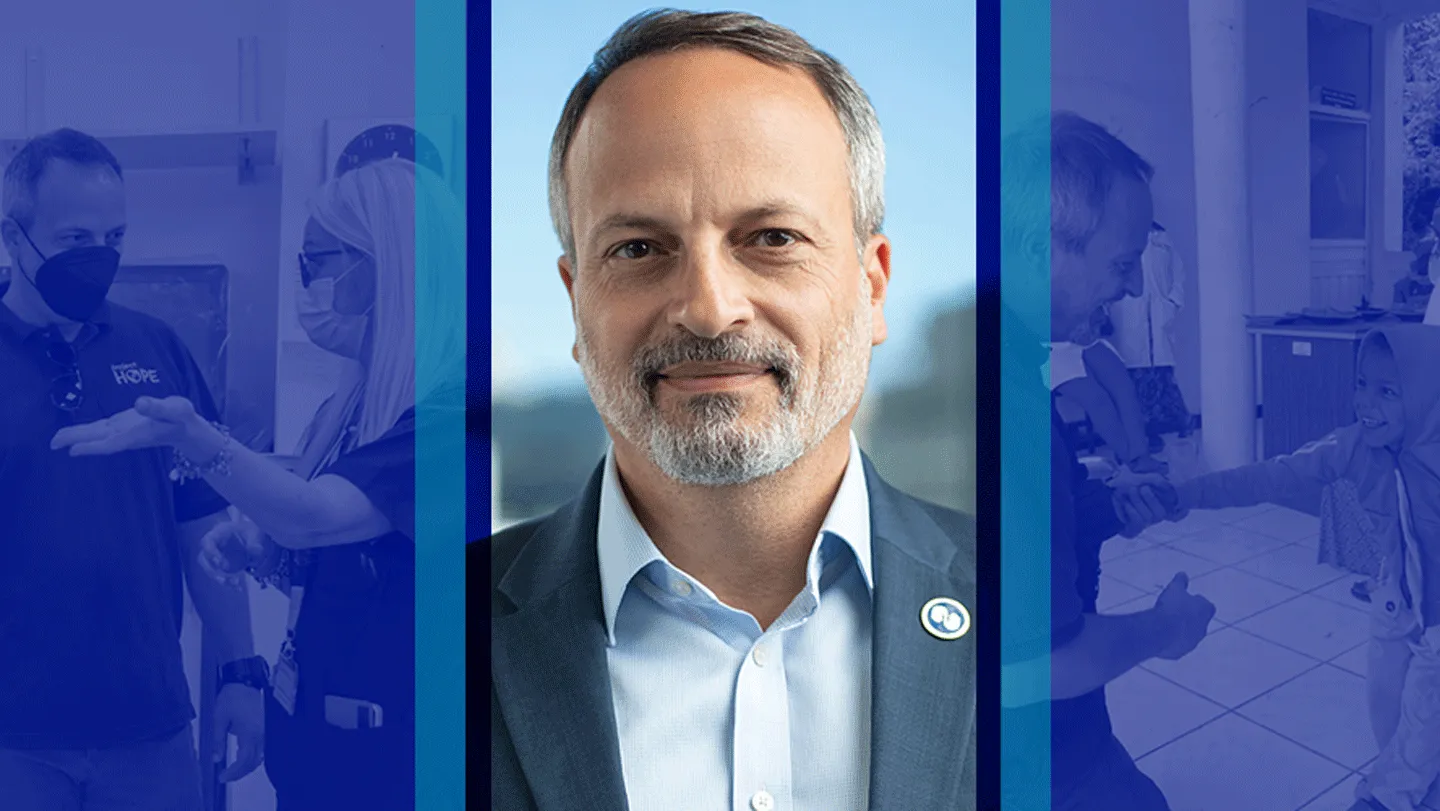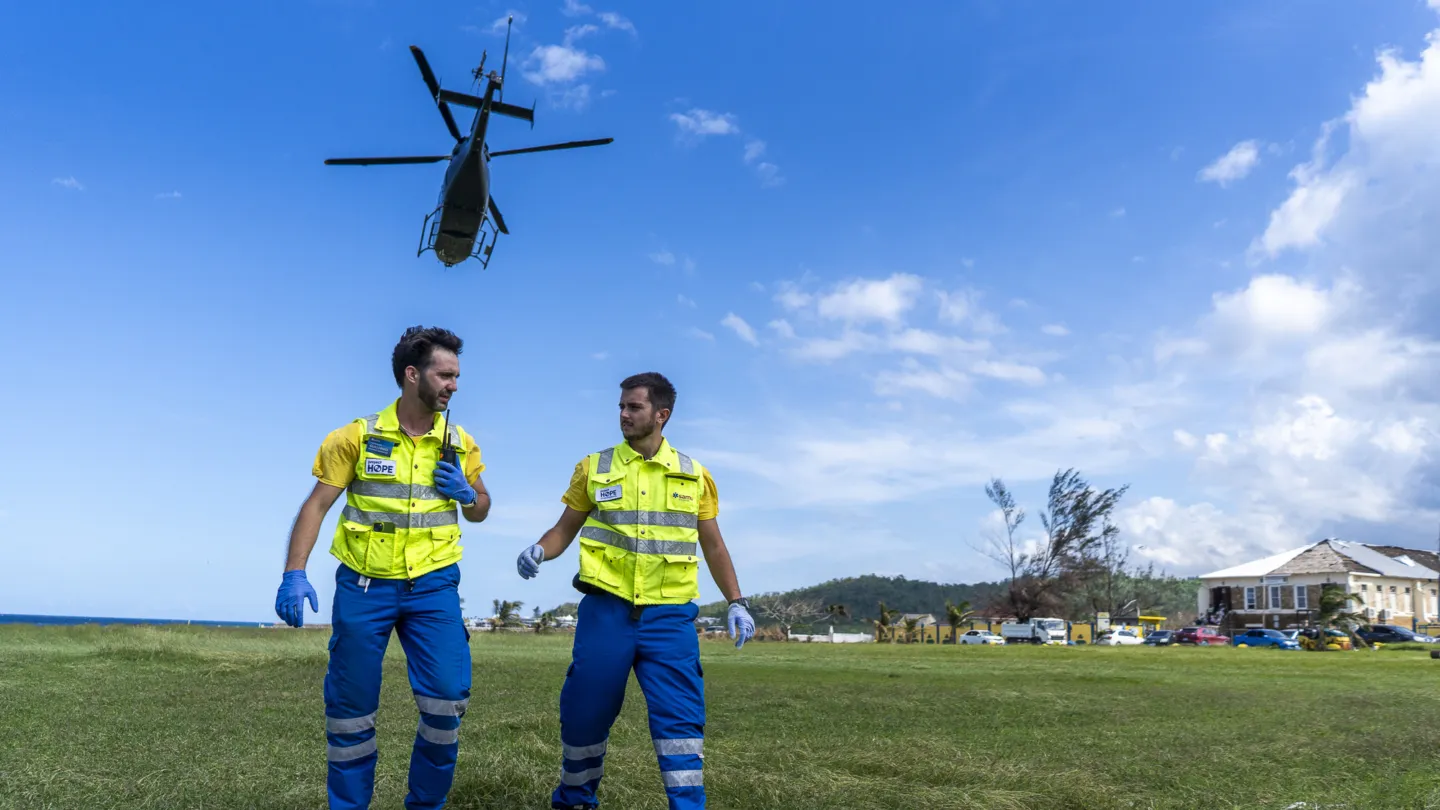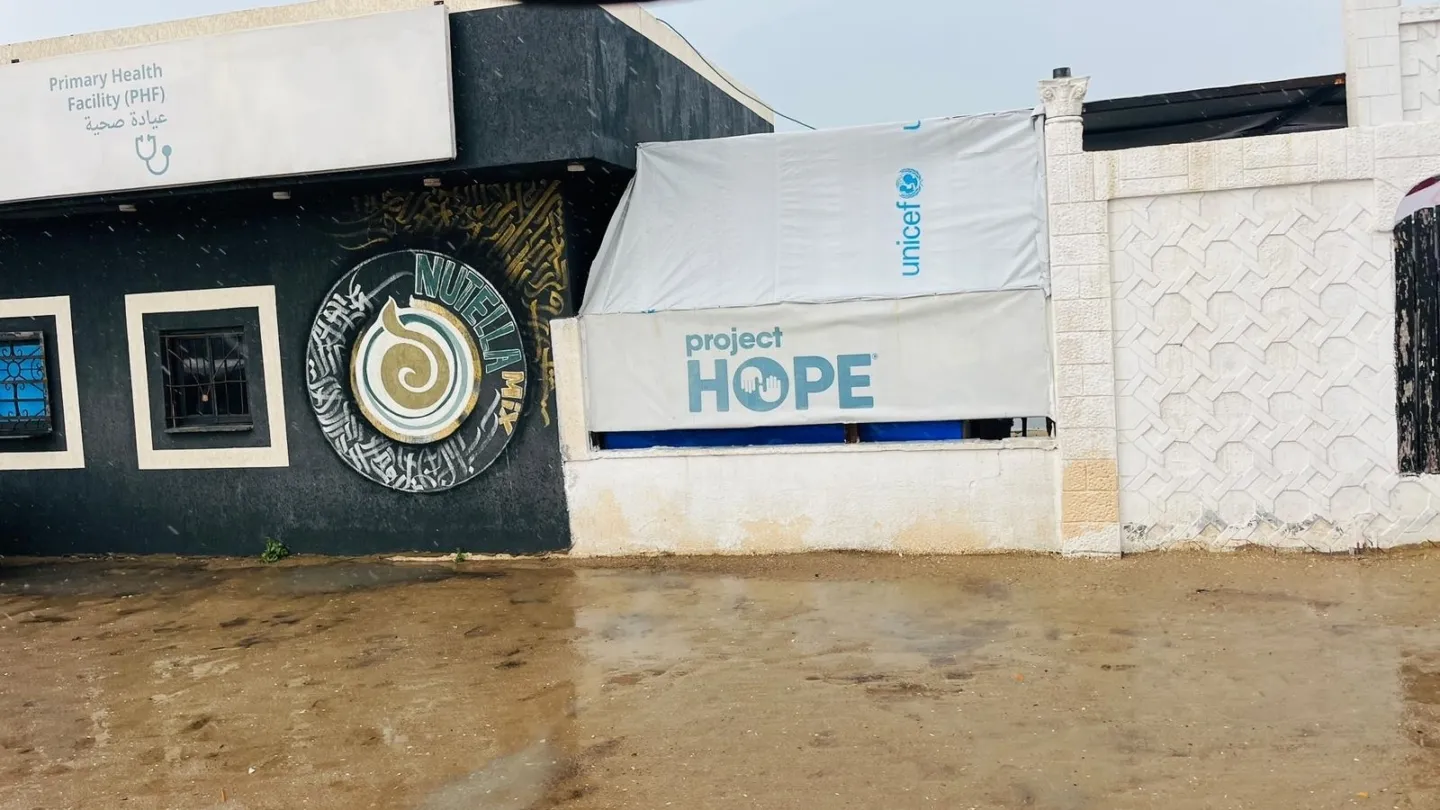The Health Emergency Inside America’s Charitable Clinics
As the U.S. health landscape shifts, free and charitable clinics are increasingly becoming the only option for millions of Americans facing serious health challenges.
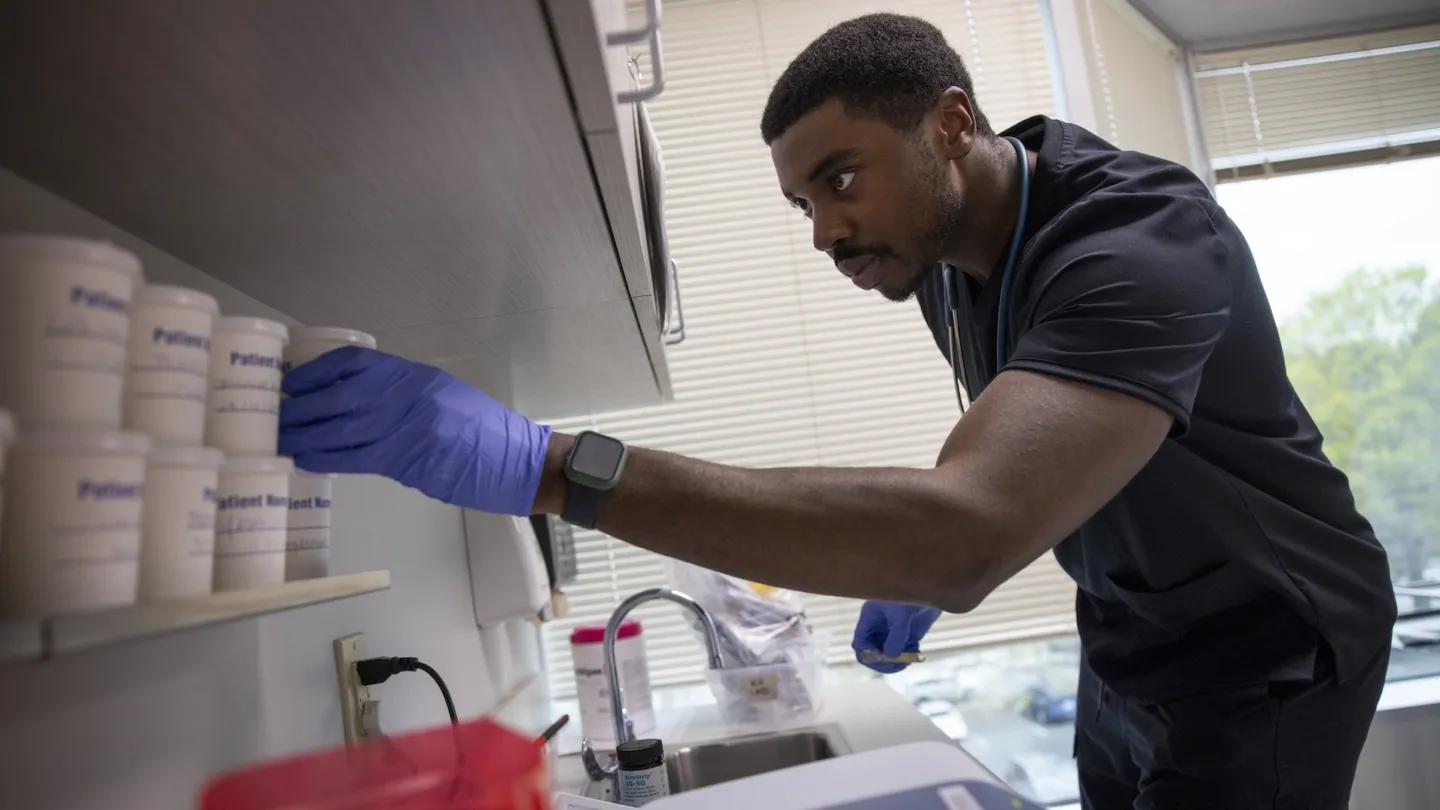
In October 2024, severe flooding after Hurricane Helene devastated entire communities across North Carolina.
Roads were submerged or obstructed by debris, access to basic necessities like food, water, fuel, and electricity became dangerously limited, and residents faced growing health risks — especially around western North Carolina.
But while North Carolina was under a state of emergency due to the flooding, another quieter but equally urgent public health crisis was unfolding out of view. Beneath the visible damage of the storm lies a landscape marked by high levels of chronic illness, staggering numbers of uninsured residents, and a growing dependence on Medicaid.
This crisis is not unique to North Carolina — it sweeps across the United States. Chronic diseases have become the leading health challenge in the U.S., with about half of American adults suffering from at least one chronic condition. Meanwhile, the number of uninsured people nationwide — that is, the number of people who don’t have health care — is projected to reach 27.3 million this year. This number could skyrocket with cuts to Medicaid. More than 17 million people, including children, are expected to lose coverage over the next decade following the recently passed federal budget bill.
Navigating the U.S. health care system is rarely straightforward — it’s confusing, inconsistent, and full of gaps. In rural and underserved communities especially, it’s dangerously easy to fall through the cracks, with too few providers, limited transportation, high costs, and language barriers keeping people from the care they need.
While Hurricane Helene’s impact was immediate and visible, this slower, systemic health crisis continues to endanger lives in ways that are harder to see — but no less devastating.
For many people facing serious health challenges, free and charitable clinics (FCCs) are a critical safety net — the only option aside from the emergency room.
As frontline responders to health inequities, especially in under-resourced communities, FCCs are not only vital in times of crisis, like they were in North Carolina — they are central to long-term efforts in advancing health equity and ensuring no one is left behind.
“If these clinics didn’t exist, most families in America who don’t have access to health care would eventually end up in the emergency room, or they wouldn’t seek health services at all,” says Harley Jones, director of domestic programs for Project HOPE.
The safety nets of American health care
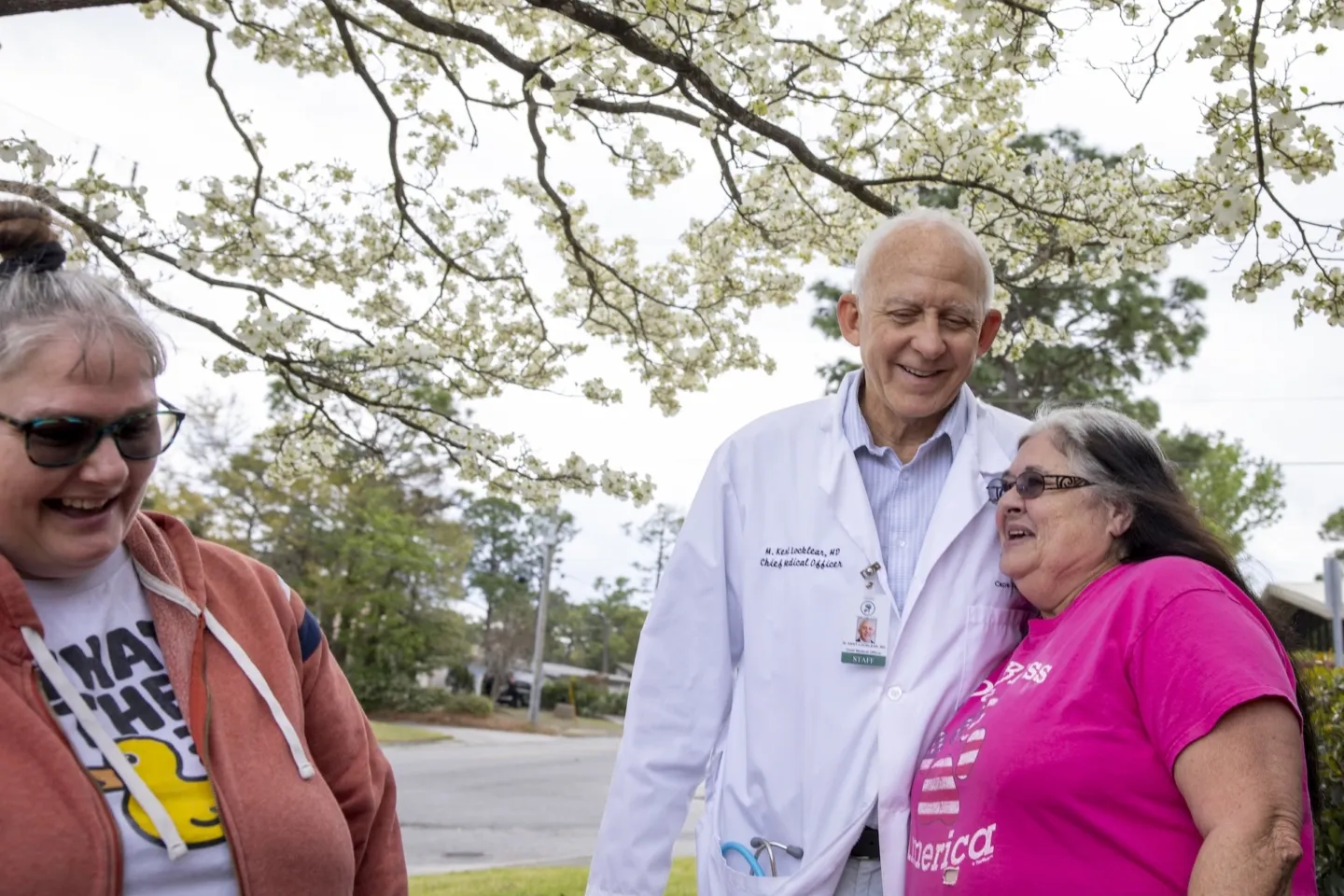
Free and charitable clinics catch millions who fall through the cracks of the U.S. health care system. These clinics serve as lifelines for uninsured and underserved individuals — offering low or no-cost care, free prescriptions, and vital services like dental, mental health, and specialty care, often all under one roof.
“We hear from clinics over and over again that many if not most of their patients come to them after their health has deteriorated to critical levels,” says Anna Jackson, a program officer for Project HOPE. “They’ve simply been forced to go without care or have given up due to lack of ability to pay.”
In 2024 alone, clinics supported by the National Association of Free & Charitable Clinics (NAFC) managed over six million patient visits, despite the majority operating on annual budgets of less than $250,000 and relying heavily on fundraising. Nearly half of these clinics have an on-site pharmacy and depend on volunteers and dedicated staff to provide compassionate, community-based care.
And the demand for their services is growing — and fast. In the past year, 81% of FCCs reported an increase in patient inquiries, and 83% of the people they serve are uninsured.
“FCCs provide so much more support than primary and specialty care,” Jackson says. “They often play large public health roles through outreach, education, and disease screening. They are also committed to their patients in way that most privately insured providers are not, providing care navigation services for those in need of specialty care, assisting patients with applications for housing and food programs, and facilitating transportation to and from appointments.”
‘Anytime I need them, they’re there for me’
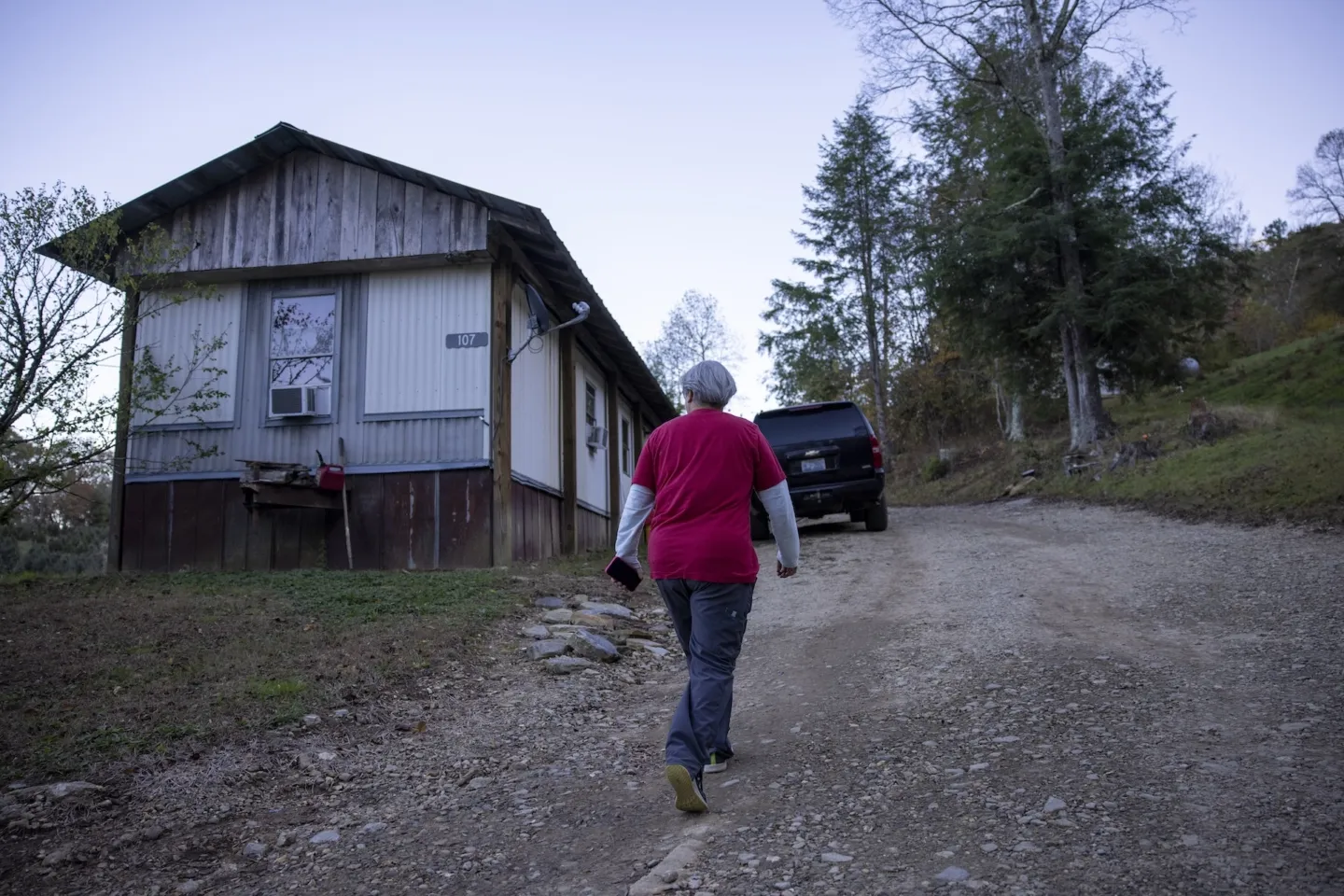
In the first weeks after Hurricane Helene, Project HOPE coordinated with the NAFC in its response, supporting clinics across North Carolina with deliveries of water, hygiene items, over-the-counter medicines, and other essential supplies. In the mountain town of Morgantown, that included support for Good Samaritan Burke, a charitable clinic that played a critical role in the aftermath of the storm. Project HOPE deployed volunteer health providers to support the clinic and leveraged the clinic’s mobile medical unit to help neighboring towns without access to free health care. In the smaller town of Sylva, Project HOPE helped Vecinos, a clinic that serves farmworkers, provide water, sanitation, and hygiene (WASH) support, while staff went door-to-door to check on over 700 patients left without power, water, or cell service.
Project HOPE’s support to clinics spans beyond emergency contexts. Now, through a partnership with LabCorp, we’re continuing to expand access to critical health services in North Carolina, offering free breast cancer screenings through two clinics.
For Martha Clark, a patient at NeighborHealth — a clinic Project HOPE supports in Raleigh — the ability to access a free mammogram meant more than a routine checkup; it was a lifeline. With a deep family history of cancer, the stakes are personal and high. She lost her mother to breast cancer and recently learned that her father is now battling cancer as well.
“My mom passed with breast cancer,” Martha says. “And then we just found out my father has cancer in five different places. So I know I’m going to have to be tested more now, because it’s in his family really bad.”
Being able to get screened at a clinic she trusts has given her some peace of mind as she navigates her health. Without NeighborHealth, Martha says she wouldn’t have been able to afford the mammogram on her own.
“It’s a very special place… Everything is very great,” she says. “They make you comfortable. … Anytime I need them, they’re there for me.”
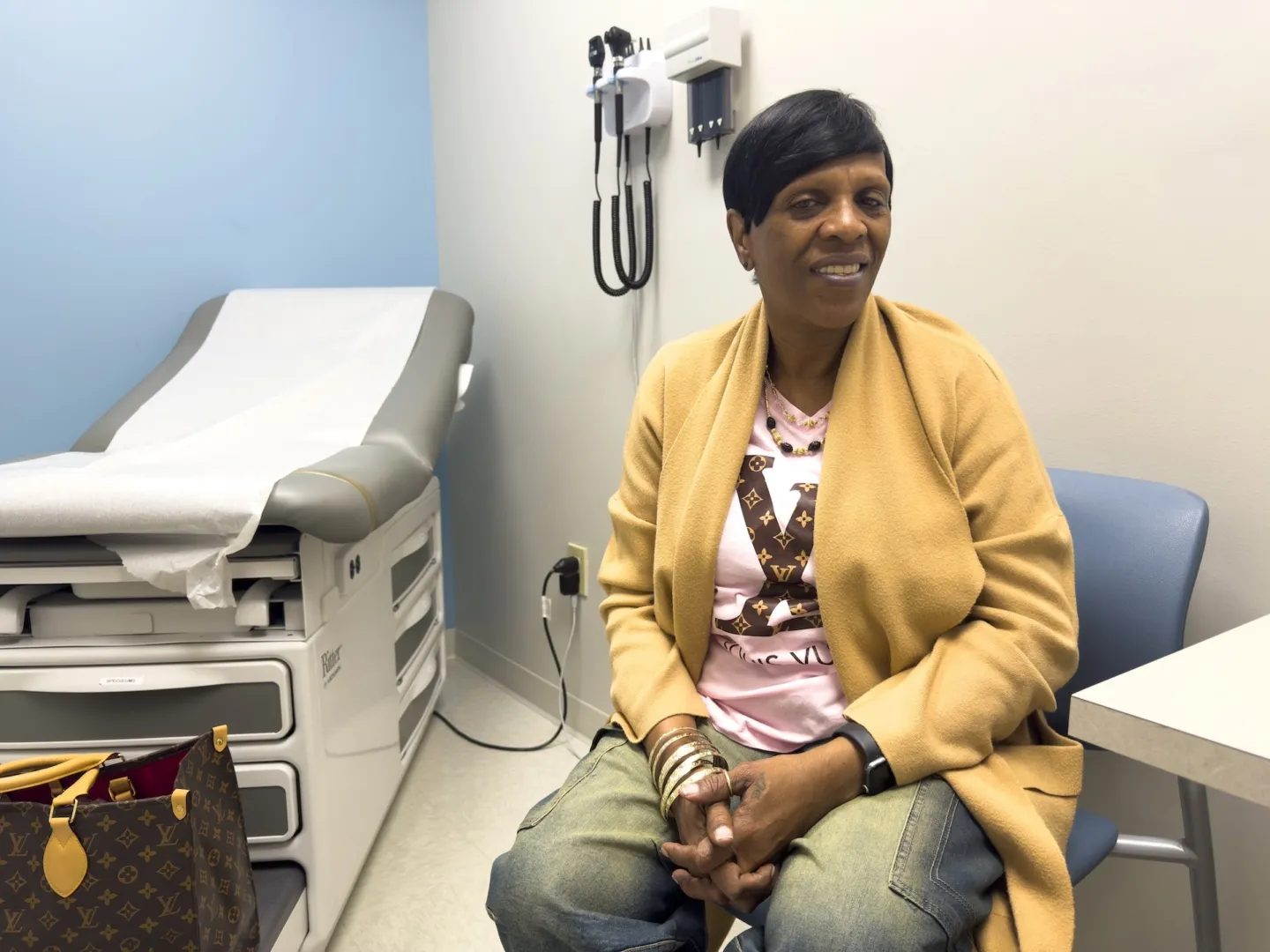
‘I don’t know what I would do’
Project HOPE first began supporting charitable clinics during the COVID-19 pandemic, improving access to tens of thousands of vaccines for underserved communities nationwide.
That support has continued into 2025 thanks to a partnership with Moderna that has provided free COVID-19 vaccines to FCCs across 30 states. Cape Fear Clinic in Wilmington, North Carolina is one of the clinics that received vaccines, which they offered to patients who access the clinic’s low-cost medical, pharmacy, and behavioral health services.
Cape Fear Clinic serves patients with Medicaid, Medicare, or who have no insurance. Doctor visits cost $4, and prescriptions range from free to $4.
“We had an open-door policy for all of our COVID services — you didn’t have to meet the income qualifications in order to come,” shares John Devaney, president and CEO of Cape Fear Clinic. “So we had a number of these situations where people would say, ‘What do we owe you?’ You don’t owe us anything. We don’t charge for our services.”
Cape Fear Clinic sees more than 1,300 patients every year — a number that continues to grow. Many of their patients suffer from chronic diseases like diabetes, mental health challenges, or substance abuse conditions. Hannah Norton is one of them.
Norton, who has struggled with substance abuse and mental health challenges, lives at a transitional housing facility called LINC, which the clinic visits as a satellite location. During a visit, she received a cancer screening that detected early-stage cervical cancer. Since then, the clinic has been supporting her through every step of her treatment — providing her cancer care and a range of other services like dental care and physical therapy.
“I can wholeheartedly tell you, if I didn’t have Cape Fear, I don’t know what I would do,” she says. “But I can tell you what would have happened if I had had a different health care system. I wouldn’t have been able to do anything about it. I wouldn’t be able to get the procedure done. I probably wouldn’t have been able to get the pap smear to know.
“But I can tell you what did happen from it. I got dealt a really good hand with a second chance.”
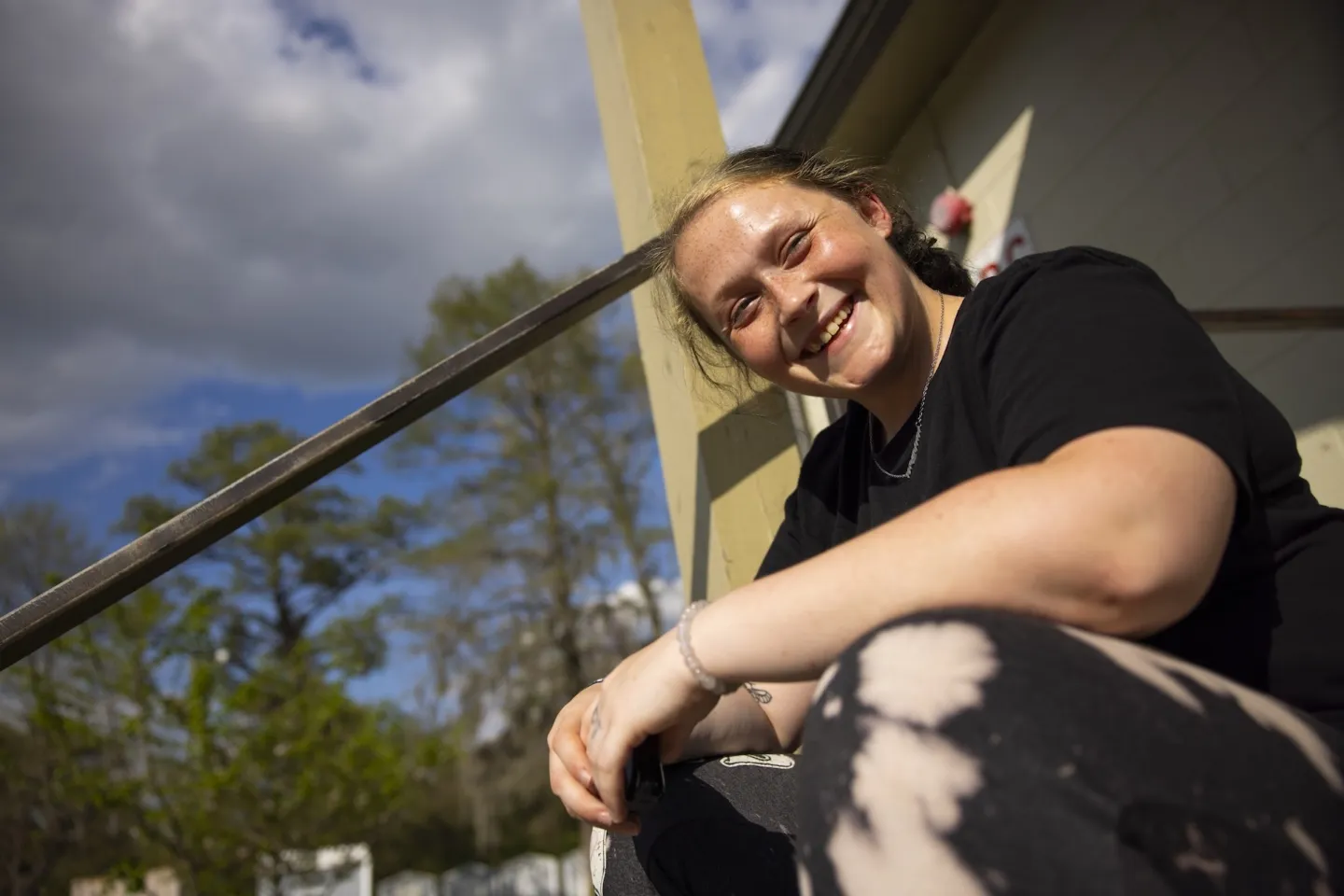
As the federal funding landscape shifts and the climate crisis worsens, the importance of free and charitable clinics will only grow. In July, Tropical Storm Chantel caused widespread flooding again in North Carolina, leading to state of emergency declarations in four counties — a reminder that another hurricane season is never far away.
Yet, because of these clinics, millions of Americans are able to access quality care each day, see doctors they trust, and meet their basic health needs before they turn into emergencies.
As health care continues to get more expensive and options for coverage decrease, FCCs will continue to play a crucial role in protecting Americans’ health, keeping communities healthy, and providing care for high-risk patients like Martha, Hannah, and the community members who have no other option for care.
“At Project HOPE, our goal is to continue to go after funding to ensure that free and charitable clinics have resources to not only continue their services under current challenges but expand them,” Jackson says. “This, however, is not easy. With over 1,400 clinics across the U.S., states and communities need to rally around their community clinics to keep the doors open so those clinics can care for the growing number of people in need of health care.”

